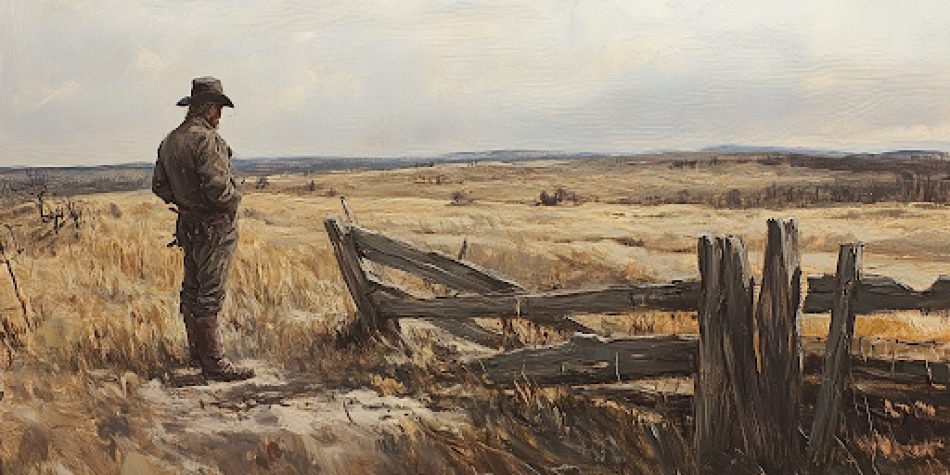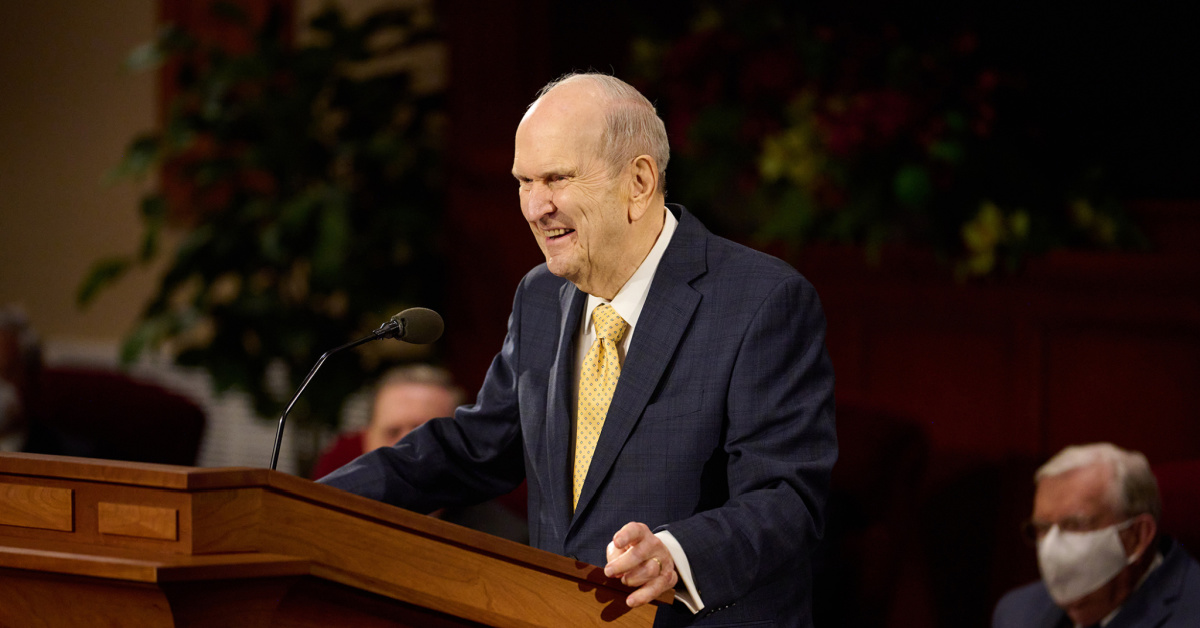Imagine, if you will, a historical epic set in the time of the Roman Empire. Our main characters are fictional, trying to navigate a time of brutality. You’ve got characters in the Roman Legion who find themselves in skirmishes with worshipers of Mithras. You’ve got political scenes of Emperor Tiberius working with senators. But you’ve also got some up-and-comer named Constantine in the court. So as an audience member, you know they’re obviously playing around with the historicity a bit. If you argue that this depiction is appallingly offensive … the retort is simple. Grow up.
We see Gessius Florus attack a temple in the middle of these folks. And then we see this sect, in revenge, slaughter the Roman soldiers. While this is happening, we cut back to the leader of this traitorous sect, someone named Jesus, and we hear him give a voiceover to the violence.
“The strong shall inherit the earth. Blessed are they which do hunger and thirst after blood: for they shall be filled. I did not come to bring peace, but a sword. Those who do not bear fruit will be cut down.”
Now, as a Christian you might be rather upset with a show of this type. As a Christian, you’re probably rather fond of Jesus, and this retelling of his life is blatantly inaccurate. But how do you articulate that?
If you argue that this Jesus is clearly not historical, the retort is simple. This isn’t a History Channel show; it’s a historical epic set in a history-inspired setting.
If you argue that words have been put in Jesus’ mouth, the retort is simple. Lots of the words are what He said. And you have to grant artistic license. Since Jesus did, in fact, say He came to bring a sword, the other changes are simply to make His character make more sense.
If you argue that this depiction is appallingly offensive to the more than a billion Christians around the world, the retort is simple once again. Grow up. People are allowed to tell stories about you. You should be mature enough to recognize historical fiction for what it is.
Yet, for all these well-articulated retorts, I hope you recognize that this would still be wrong. And because the Christian movement more generally has enough cultural cachet in the US, we would never really expect a show like this to hit our cultural zeitgeist.
I’m sorry to report that a show of just this type has been made and will be released on Netflix on January 9th. Of course, as you might predict, the target of this show’s attacks is not Christians more generally, but rather my own specific religious faith, The Church of Jesus Christ of Latter-day Saints.
The show is called “American Primeval,” and it is Netflix’s latest attempt to capture the ratings magic of “Game of Thrones.” It features multiple factions, all striving for power and using whatever means they can to achieve it.
But just like “Game of Thrones” was based on England’s War of Roses, “American Primeval” is based on the settling of the American West. And instead of changing the names around, it would be as if we just called Joffrey Edward III to make it feel more historically accurate.
But it’s worse than that because the character that “American Primeval” chooses to make into a violent mockery of himself isn’t George Q. Cannon, who was a representative to Congress, or William Jennings the influential mayor of Salt Lake City. It’s Brigham Young—a man I believe God called to be a prophet.
Brigham Young led the Church of Jesus Christ at a precarious time. The state of Missouri threatened to kill any Latter-day Saint in the state and we suffered the massacres to prove they would follow through. The Saints built a new city in Illinois, only for a mob to assassinate their leader and prophet, Joseph Smith. Mobs then began to burn farms on the outskirts of town. Brigham Young led them out, and those who didn’t go were forcibly expelled the next year at gunpoint. There is no need to paper over history here.
There is no need to paper over history here. Brigham Young also had racist attitudes about Native Americans. The Latter-day Saints he led didn’t always follow his counsel. And as with nearly every other group of settlers in the US there was conflict.
But this is a far stretch from the violent murderer that appears in Netflix’s new television series under the name of Brigham Young.
The problem is that “American Primeval” is a pretty good show. It would be easier if I could just tell you that it’s all trash and easy to ignore. But the production design is great, and the acting performances are good. It always takes a good bit of luck to find the next big show, but “American Primeval” is good enough that it wouldn’t surprise me if it becomes one. And even when it comes to Latter-day Saints, the producers have relied on former Latter-day Saint and anti-Mormon activist Lindsay Hansen Park, so they get a lot of the cultural “feel” right too.
But in reality, the fact that the show is good makes the problem worse.
The persecution that Brigham Young dealt with in his time has hardly gone away. Since 2020, Latter-day Saint chapels have been attacked 47 times. And the last time the FBI reported on the matter, hate crimes against Latter-day Saints were on the rise. An effective attempt to marginalize minority groups is to paint them as inherently violent.
When McKay Coppins, a journalist for the Atlantic, spoke to BYU’s Quarterback Jake Retzlaff, a Jewish man, Retzlaff said he faces way more anti-Mormonism than anti-Semitism. Coppins observed that Retzlaff is “less scandalized by the heckling than the lack of outrage it seems to engender. Retzlaff said, “The blatant disrespect for their faith—it’s something to think about. What if there was a Jewish university that had a Jewish football team, and they were saying that in the stands? … Like, imagine if that hit the papers. That would be a big deal.”
Throughout history, one of the most effective attempts to marginalize religious or other minority groups is to paint them as inherently violent. “American Primeval” is now the second major prestige drama to do just that. “Under the Banner of Heaven” was another well-made drama that told a story about a couple of murderers who were excommunicated from The Church of Jesus Christ of Latter-day Saints but attempted to somehow paint all Latter-day Saints as violent. American Primeval is now doing the same by telling a fictional story about a real leader who would never do what he is being shown doing.
This is odd because the best available evidence suggests that Latter-day Saints were less violent in the 19th century, and they remain less violent today.
Netflix and Lindsay Hansen Park’s choice to defame Brigham Young under the pretense of “fiction” says very little about Brigham Young and Latter-day Saints in the 19th century or today. All it tells us is that the larger culture disfavors Latter-day Saints, and we don’t have the cachet to prevent this kind of treatment.
















